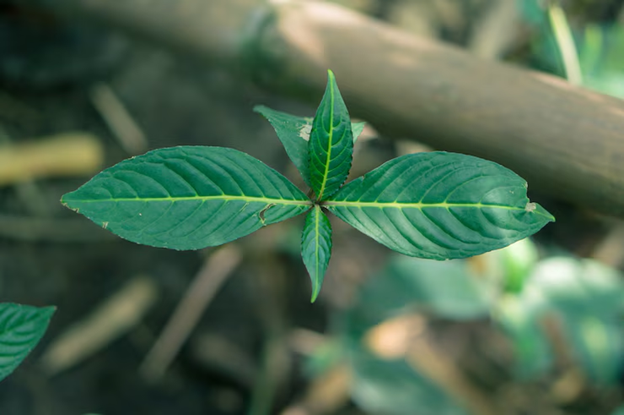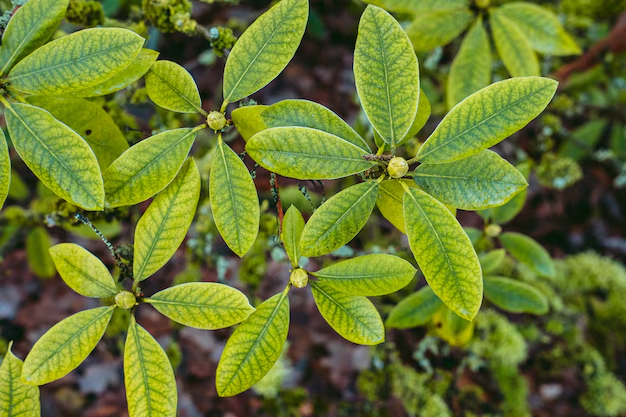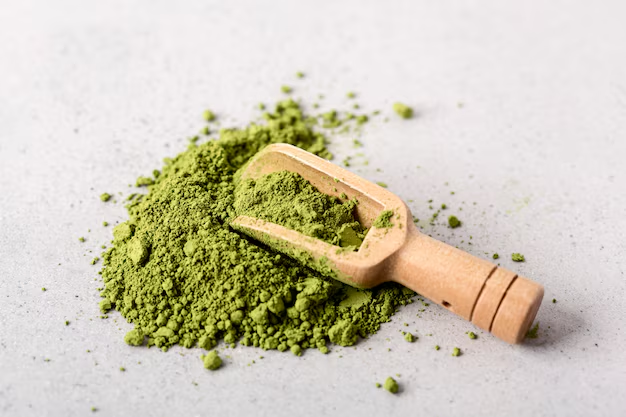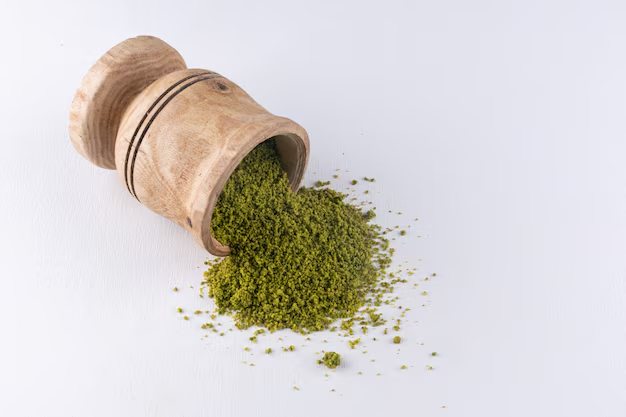What Does Kratom Smell Like? Let’s Break It Down
Kratom, a plant native to Southeast Asia, has been well-known among people for centuries, mainly for its diverse benefits. But if you have ever been curious about Kratom’s smell, you’re not alone. Many first-time individuals or even seasoned Kratom enthusiasts often ask: What does Kratom smell like? And while we...









